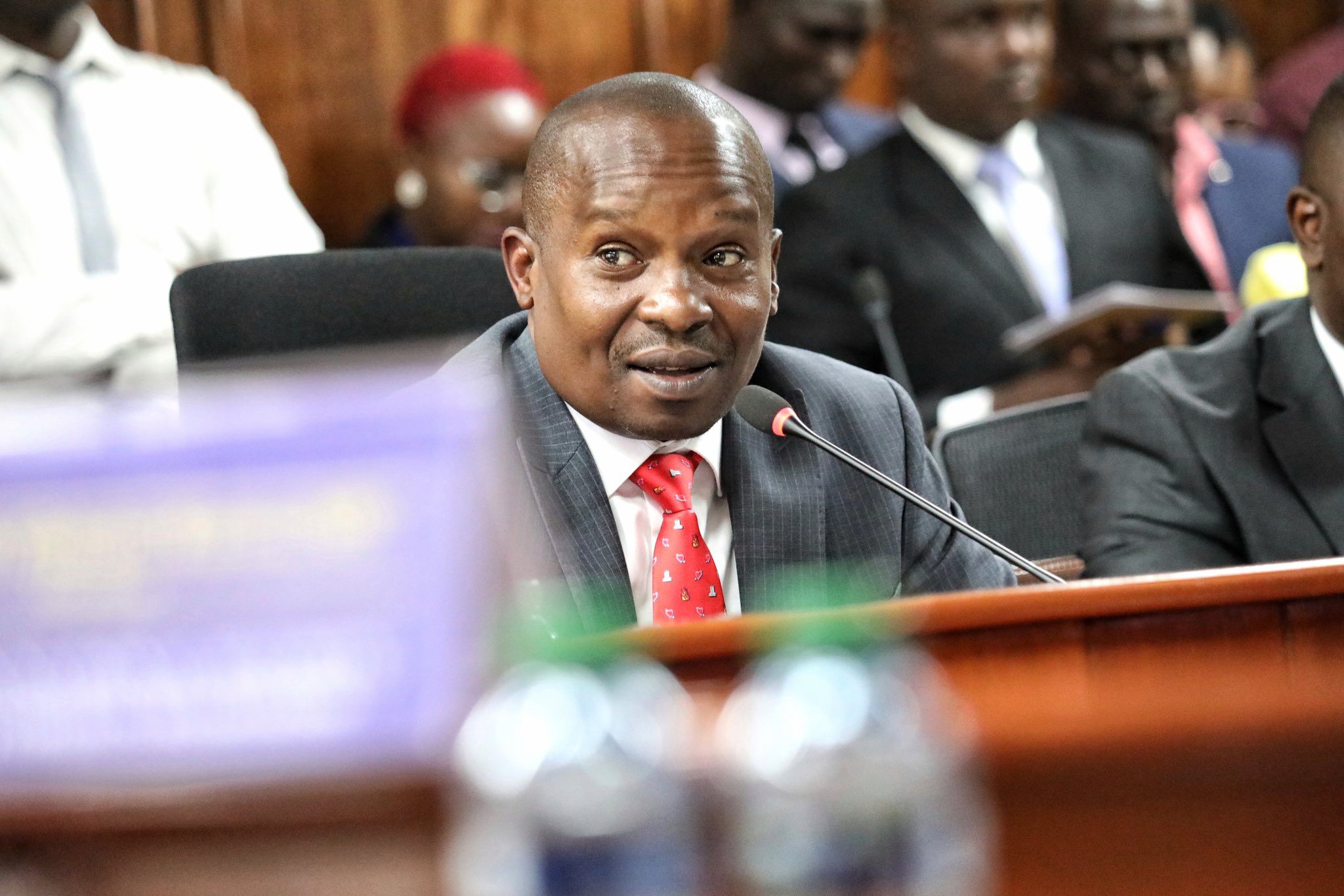
Today’s sneak peek has highlighted a number of plans for the ICT sector, which, as we have come to realize, is as critical than before. In the past, the government and other stakeholders has launched multiple ICT-related programs that aim to heighten its offerings in terms of revenue generation and creation of employment opportunities.
Besides connecting people with ICT tools and community access points, the past decade has seen the government exert substantial pressure on the orthodox structures of the public service systems, which includes how the public access certain key services. It is for this reason that players are advocating for a review of curricula to facilitate the inclusion of ICT literacy.
While Kenya is far from providing equitable access to ICT systems, its efforts in building capacity skills and promoting stakeholder participation and partnerships is admirable should the following suggestion see practical enforcement.
The government plans to boost manufacturing from 9% to 15% by 2022. In particular, the ICT sector is supposed to gain from this plan through the launch of phone, laptop and TV assembly plants. Hopefully, this will be met through 5 business process outsourcing (BPO) players who should create about 10,000 employment opportunities.
In terms of priority, the ICT specifics for 2018 include developing IT entrepreneurship program to support the sector and strengthening innovation ecosystem, which include incubators and accelerators, among others. At the same time, the government plans to et into motion computer, light electronics and IT-related parts assembly and manufacturing as mentioned in the preceding paragraph.
In addition, plans are underway to attract 2 BPO players that will create 1000 jobs before the year ends. This will also be accompanied by signing at least two investors for electronics assembly.
Over the last four years, the government has implemented a number of initiatives to enhance the use of ICT, including the expansion of the Optic Fibre Backbone Infrastructure across the 47 counties to ease internet penetration; the Presidential Digital Talent Program for the youth; the Ajira Program and other initiatives such as Huduma Kenya, iTax, e-Citizen and e-Procurement.
The Government plans to improve ICT infrastructure with a program dubbed The Big Four that purposes to see 1) further expansion of connectivity solutions through National Optic Fibre Backbone (NOFBI) Broadband, 2) connecting all State Departments to a Unified Government Communications System, 3) tackling the cybersecurity menace and 4) increasing the number of youth trainees in the Ajira and Presidential Talent Initiative programs.


















